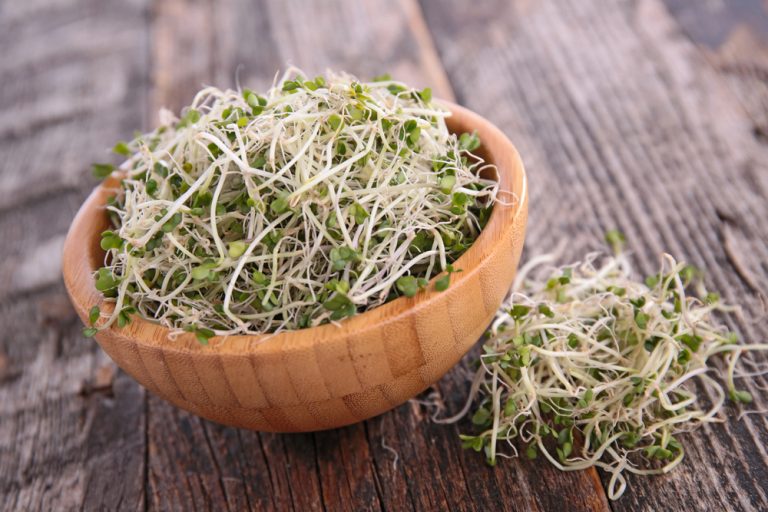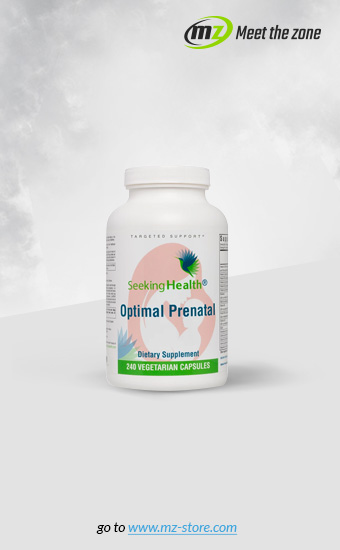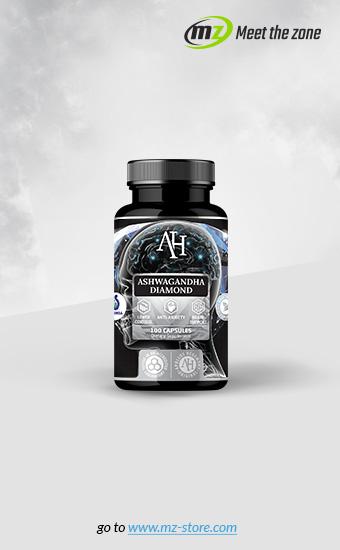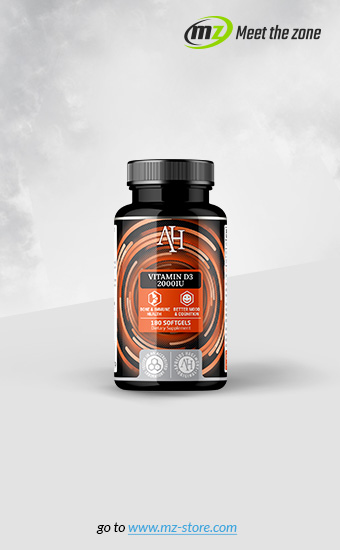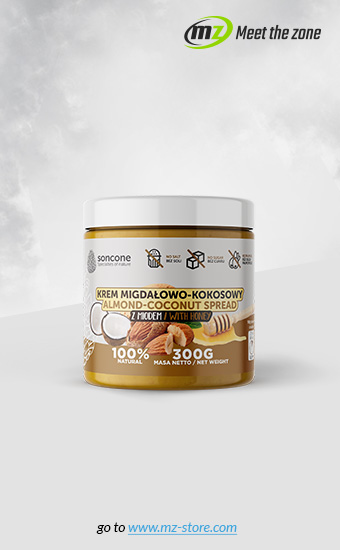Brussels sprouts resemble a small cabbage, but despite its miniature size, it matches its larger cousin in terms of nutritional properties and values. Brussels sprouts, which were formed from the intersection of kale and cabbage, have, among others anti-cancer fertility improving properties. Check what health effects Brussels sprouts have!
- Brussels sprouts in the nutshell
- Brussels sprouts - anti-cancer properties
- Brussels sprouts are important in the diet of pregnant women
- Brussels sprouts regulate blood pressure and improve heart function
- Brussels sprouts not for patients with hypothyroidism
- Brussels sprouts can prevent blood clots and osteoporosis
- Brussels sprouts and diabetes
- Brussels sprouts for slimming
Brussels sprouts in the nutshell
Brussels sprouts are the vegetable whose medicinal and nutritional properties are appreciated above all by mothers. In the interests of the health of their children, they try to include this vegetable in their menu. Unfortunately, the youngest usually do not like Brussels sprouts. Meanwhile, it plays an important role in their proper development.
It’s a vegetable from Belgium (its name is associated with the capital of this country - Brussels), among others supports the child’s immune system. Also, Brussels sprouts have anti-cancer effects and may increase fertility. Brussels sprouts should also be included in the diet of women which are planning a child or are already pregnant.
Brussels sprouts - anti-cancer properties
Brussels sprouts, like other cruciferous vegetables, such as broccoli or cauliflower, have anti-cancer properties thanks to the high content of the sulforaphane - a powerful antioxidant. Sulforaphane can protect, among others against prostate cancer, breast cancer, lung cancer and colorectal cancer, however, it cannot replace the medicine in the disease certainly.
It can, however, help after the cancer treatment, when the body returns to the homeostasis. It is then weakened by subsequent inflammation, and sulforaphane contained in Brussels sprouts can help in these conditions. Sulforaphane also has antibacterial properties. Studies confirm that it may be helpful in the fight against Helicobacter pylori - a bacterium that causes stomach ulcers, which has long been suspected of being associated with stomach cancer.
However, Brussels sprouts will retain its anti-cancer properties provided it is cooked properly. Traditional high-temperature cooking destroys myrosinase - an enzyme that is necessary for the production of sulforaphane. So it’s best to steam the Brussels sprouts, but not longer than 3-4 minutes. You can also eat them raw!
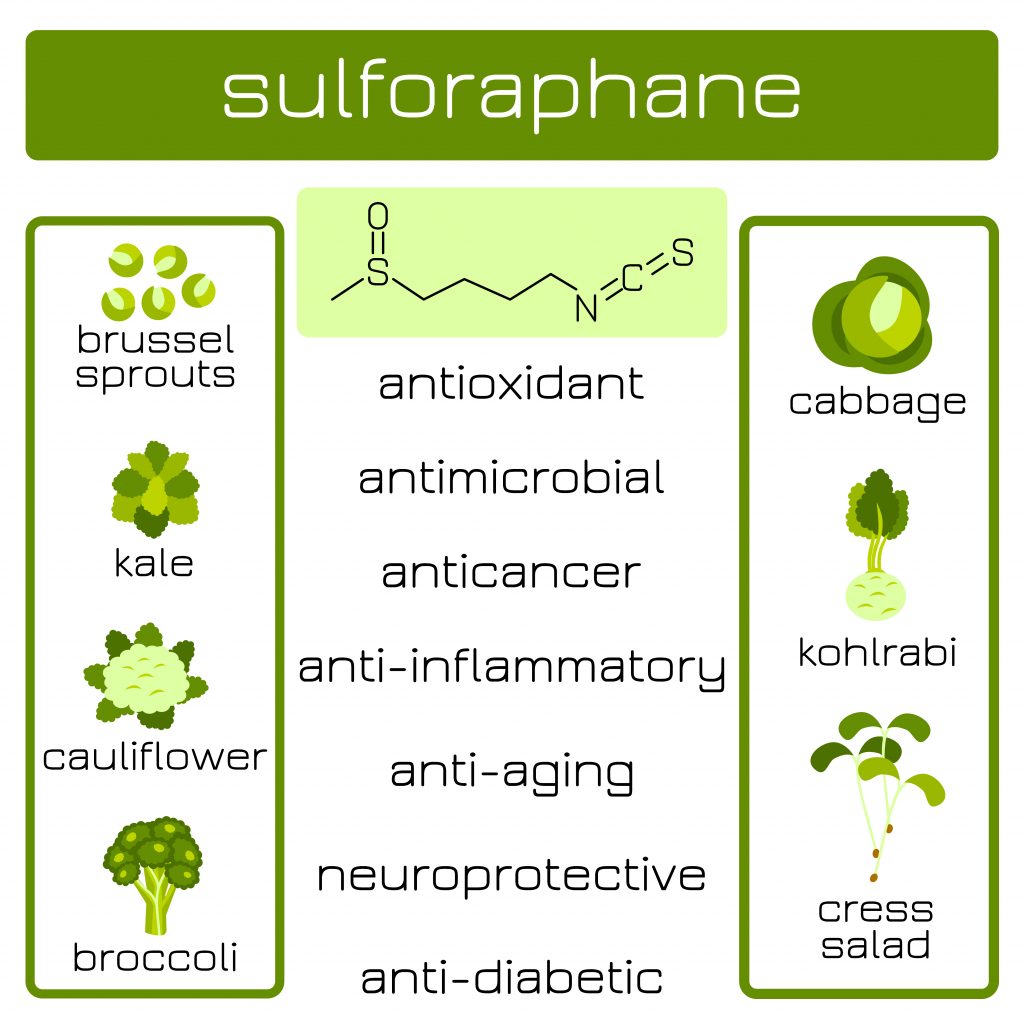
Brussels sprouts are important in the diet of pregnant women
Folic acid contained in Brussels sprouts is very important for women who may become pregnant, as well as those who are already expecting a child. Deficiency of folic acid can lead to the development of birth defects in a newborn, amongst others to the reduced birth weight of the newborn, and even to miscarriage.
Brussels sprouts regulate blood pressure and improve heart function
Brussels sprouts are rich in elements that regulate heart function and blood pressure, such as calcium, which is responsible for pumping blood properly to organs and tissues, or magnesium, which widens the arteries and protects against heart attack. It also does not lack potassium, which controls blood pressure.
Brussels sprouts not for patients with hypothyroidism
Brussels sprouts, like other brassicas, are a source of compounds called sulfur cyanine. They belong to the group of substances called generative substances that hinder the use of iodine from food. Therefore, people with hypothyroidism shouldn’t consume Brussels sprouts. It is best to consult a doctor about including them in your diet.
Brussels sprouts can prevent blood clots and osteoporosis
Brussels sprouts are a treasure of vitamin K, as are kale, broccoli or spinach. Its amount is proportional to the content of chlorophyll (green plant dye), which is not lacking in these vegetables. Vitamin K has antibacterial, anti-inflammatory, anti-fungal and analgesic properties.
Also, it can inhibit the development of some cancers, including breast, ovary, colon, gallbladder or liver. Most importantly, however, vitamin K is responsible for the proper blood clotting process. It also participates in maintaining the proper level of proteins building bone tissue. This is why prolonged vitamin K deficiency can lead to osteoporosis.
Brussels sprouts and diabetes
Glycemic index of raw brussels sprouts is 15 and for cooked ones it reaches 20, therefore diabetes can reach for them without fear!
Brussels sprouts for slimming
100 g of raw Brussels sprouts provides 43 kcal. Cooked Brussels sprouts have even less of them - 36 kcal. It would seem, therefore, that it is an ideal component of a slimming diet. However, it should be remembered that Brussels sprouts, like other brassicas, can cause bloating and gas.
